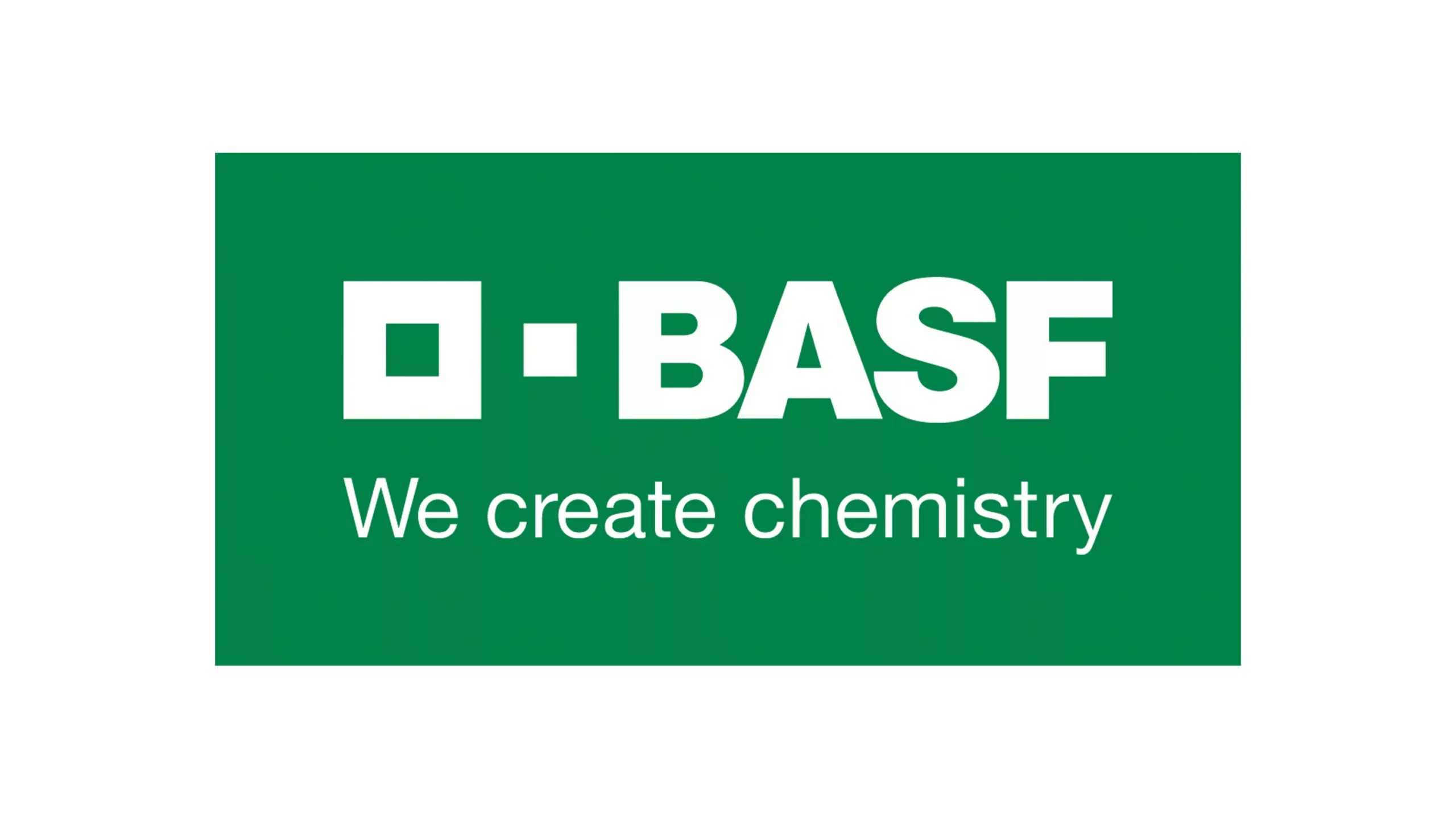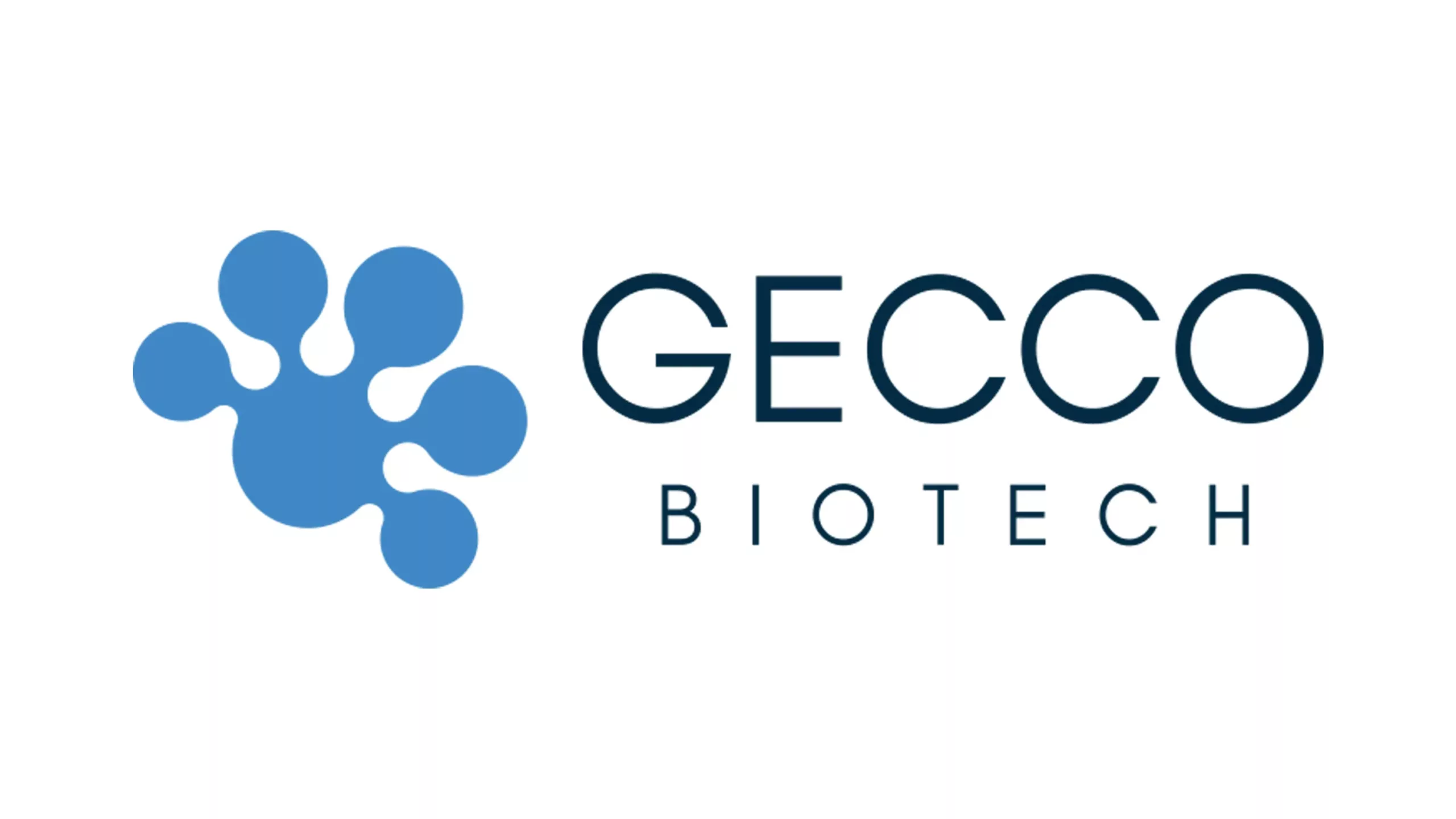COMENZE: Enzymatic Strategies for a Greener Polymer Future
Exploring 10 research projects that pioneer enzymatic innovations for sustainable polymer design and recycling.
COMENZE: Enzymatic Strategies for a Greener Polymer Future
Exploring 10 research projects that pioneer enzymatic innovations for sustainable polymer design and recycling.
Innovative Research in Computational and Experimental Enzyme Engineering
The 10 COMMENZE Doctoral Candidates (DCs) will undergo comprehensive research in cutting-edge enzyme engineering, covering computational design (bioinformatics, molecular simulations, multivariate statistics), molecular biology (mutagenesis, mutant libraries, high-throughput screening), biocatalysis for synthesis (enzyme kinetics, stability), biophysical characterization (ITC, MST, spectroscopy, TGA), and polymer depolymerization (X-ray, NMR).

Discover how each project is shaping the future of enzyme engineering:
| Home Institute: | Politechnika Śląska, Poland |
| Main supervisor: | Artur Góra |
| Co-Supervisors: | Marco Fraaije (RUG) Nikola Loncar (GECCO) |
| Required academic background: | Chemistry, Biochemistry, Structural Biology, Computational Chemistry, Biophysics, Bioinformatics and related areas. Strong coding skills are an advantage. |

This project will primarily focus on discovering and optimizing oxidoreductases involved in monomer functionalization. It will include searching enzyme libraries to identify promising folds with strong surface affinity (adhesive proteins) and develop pipelines for i) supporting a rational binding design through the development of methods based on Brownian Dynamics simulations, capable of predicting the binding affinity of enzymes to non-natural surfaces and ii) grafting active sites into the protein binding surface. The design processes will rely on the analysis of molecular dynamics simulations, employing an in-house developed method called AQUA-DUCT, which combines solvent tracking and a local density approach. Also, docking, Rosetta, and evolutionary analysis will be used. Through these versatile approaches, the binding affinity of enzymes to crystals, amorphous surfaces, and long polymer chains will be optimized and tested through secondments on both functionalized monomers from lignin (RUG) and polyamide (GECCO), with collaboration from UdG and BASF SE for pipeline development.
| Home Institute: | Zymvol Biomodeling S.L., Spain |
| Main supervisors: | Ferran Sancho and Maria Fátima Lucas |
| Co-Supervisors: | Lígia Martins (UNL) and Nikola Loncar (GECCO) |
| Required academic background: | Computer Engineering or scientist with strong coding skills. |

In this project, cutting-edge computational methods will be employed to discover and engineer enzymes for polymer functionalization, with a particular focus on transaminases. Two in-house pipelines will be adapted to accept polymers as a substrate: BioMatchMaker (BMM) for enzyme discovery and Zymevolver (ZYV) for enzyme engineering. ZYV is an efficient pipeline that combines bioinformatics, including statistical analysis of databases, with robust physics-based simulations at various theoretical levels to model enzymatic complexes accurately. BMM, on the other hand, enables the exploration of the enzyme sequence space through modeling and docking techniques. It progressively filters sequences until 10-20 sequences are selected for laboratory testing. The main goal of this project is to prepare pipelines for high-throughput screening of enzymes, both for enzyme discovery and engineering. Significantly, the potential of state-of-the-art deep-learning algorithms will be explored and optimized for discovering and engineering enzymes for polymer functionalization or degradation purposes.
| Home Institute: | BASF SE, Germany |
| Main supervisor: | Valerio Ferrario |
| Co-Supervisors: | Anett Schallmey |
| Required academic background: | Biochemistry, Biophysics, Structural Biology; Background in Computational Biology (Bioinformatics & Computational Protein Engineering/Design); Python & Linux/Bash Programming Experience |

This project will lead to the development of computational approaches to understand enzyme-polymer interactions. It will include, but is not restricted to, enzymes like β-etherases, peroxygenases, dehydrogenases, amidases and their interactions with nylon (linked to WP3). The main goals are selecting suitable enzymes capable of acting on polymer materials and redesigning enzyme surfaces for better interactions. Understanding enzyme-polymer interactions will involve the use of molecular descriptors to capture the physical-chemical properties of polymers and protein surfaces and evaluate their compatibility, representing additional criteria for enzyme discovery, making the selection of suitable enzyme candidates more precise as well as eventually guiding surface redesign during enzyme engineering phases. Monte Carlo methods will rapidly prototype redesigned enzyme surfaces, leveraging data from similar protein sequences and databases to derive design principles.
| Home Institute: | Universitat de Girona, Spain |
| Main supervisor: | Silvia Osuna |
| Co-Supervisors: | Ulrich Schwaneberg (DWI) and Valerio Ferrario (BASF) |
| Required academic background: | Chemistry, Biochemistry, Structural Biology, Computational Chemistry, Biophysics, Bioinformatics and related areas. Strong coding skills are an advantage. |

This project will develop methods for simulating polymer peptide-based functionalized derivatives and polymer-enzyme interactions to understand polymer-degrading enzymes, particularly polyamides. It will involve creating models of polymer samples and polymer enzymes and evaluating their conformational dynamics and molecular interactions. Computational tools, including MD simulations and enhanced sampling techniques, will be employed to identify the potential polymer-enzyme interaction. The possible binding modes will be further characterized by GFN methods to better represent the polymer-enzyme interactions. Various analyses will be conducted at different conformational states, such as non-covalent interactions hydrogen-bond analysis, and the in-house SPM method will be used to identify key hot spots for generating a library of mutants to be screened experimentally.
| Home Institute: | Rijksuniversiteit Groningen, The Netherlands |
| Main supervisor: | Marco Fraaije |
| Co-Supervisors: | B. Sels (KULeuven) and Nikola Loncar (GECCO) |
| Required academic background: | Biochemistry, Chemistry, Molecular Biology or a related field, preferably with experience in enzyme production, purification and characterization and/or chemical analysis techniques. |

This project will identify and produce heme-containing peroxygenases, (per)oxidases, and dirigent proteins that steer biomolecular coupling reactions toward regio- and stereospecific product formation. Combined enzymes will be evaluated in cascade reactions, and the formed oligo- and polymers will be analyzed. Additionally, computational redesign of the enzymes in the active site to accommodate bulky substrates will be conducted, followed by testing for functionalization and polymerization of lignin monomers.
| Home Institute: | Universidade NOVA de Lisboa, Portugal |
| Main supervisor: | Lígia O. Martins |
| Co-Supervisors: | Silvia Osuna (UDG) and P. Ihalainen (MetGen) |
| Required academic background: | Biochemistry, Structural Biology, Molecular Biology, Bioinformatics, Biotechnology and related areas. Preference will be given to candidates with experience in enzyme characterization and engineering. |

This project will identify engineered alkalophilic and hyperthermophilic laccases and DyP-type peroxidases for converting an array of vanillyl derivatives into vanillyl-derived polymer building blocks. Selected enzymes will be improved utilizing a combination of computational, rational and directed evolution design approaches. Previous known enzyme mechanistic details will be explored to advance knowledge and facilitate the engineering of enzymes.
| Home Institute: | Technische Universität Braunschweig, Germany |
| Main supervisor: | Anett Schallmey |
| Co-Supervisors: | Marco Fraaije (RUG) and Valerio Ferrario (BASF) |
| Required academic background: | Biochemistry, Biotechnology, Molecular Biology, Chemistry or related. Preference in enzyme production, purification, and characterization. Experience in enzyme engineering is also beneficial. |

In this project, computational tools and lab experiments will be employed to engineer solvent-stable enzymes (β-etherases, peroxygenases, dehydrogenases, etc.) for the selective provision and functionalization of lignin-derived aromatics. Solvent stability is crucial for enzymes acting on hydrophobic substrates or materials. Enzyme stability towards different water-miscible and non-miscible solvents will be addressed, focusing on bio-based solvents like deep-eutectic solvents. The research will involve the study of novel β-etherases and peroxygenases for the selective cleavage of C-O bonds and regiospecific O-demethylation, as well as auxiliary enzymes such as dehydrogenases for further (enantioselective) functionalization of monomers and oligomers. Ideally, it aims to achieve a molecular understanding of the factors driving solvent stability in the studied enzymes.
| Home Institute: | DWI Leibniz-Institut für interaktive Materialien EV, Germany |
| Main supervisor: | Ulrich Schwaneberg |
| Co-Supervisors: | Andrea Mattevi (UNIPV) and Maximilian Nöth (AP) |
| Required academic background: | - |

This project will focus on polyamide-binding peptides’ site saturation mutagenesis library (44 amino acids). These activities will rely on computer‐assisted recombination (CompassR) methods for selecting beneficial mutant combinations that can be recombined to gradually improve peptide performance by analysis of the relative binding free energy. Nylon-peptide binding will be experimentally analyzed by QCM-D (quartz crystal microbalance with energy dissipation measurement). The surface coverage of three main nylon polymers will be characterized by surface plasmon resonance (SPR). This will be followed by the experiments aiming at the fusion of selected recombined variants with the selected amidase (https://pazy.eu/) using one stiff and one flexible linker. Nylon degradation kinetics will be determined by implementing the designed nylonase variants.
| Home Institute: | Università di Pavia, Italy |
| Main supervisor: | Andrea Mattevi |
| Co-Supervisors: | Silvia Osuna (UGD) and Ferran Fancho (ZYM) |
| Required academic background: | Chemistry, Biochemistry, Structural Biology, and Biophysics or related. |

This project will focus on the design, screening, structural and functional characterization of enzymes acting on nylon. They will be engineered using structure-based tools. Fusions will be created for the most effective amidase mutants with peptides known for their efficient nylon binding. The study will include biophysical and crystallographic studies focusing on enzymes bound to amide-oligomers or monomers. Additionally, cryo-electron microscopy will determine the structure of the fused peptide-fused amidase (nylonase) enzymes when bound to polyamide polymers.
| Home Institute: | Gecco Biotech B.V., The Netherlands |
| Main supervisor: | Nikola Loncar |
| Co-Supervisors: | Marco Fraaije (RUG) and Ferran Sancho (ZYM) |
| Required academic background: | Biochemistry, Biotechnology, Molecular Biology, Chemistry, Structural Biology, Computational Chemistry, Biophysics, Bioinformatics or related. Experience in enzyme engineering is beneficial. |

This project will focus on the upcycling and functionalization of monomers obtained through the depolymerization of polyamide. It will produce and characterize enzymes identified and engineered to oxyfunctionalize the tackled mono- and oligomers derived from target polymers by determining the substrate scope and generating mutant libraries targeting the substrate binding site and active site to accommodate potential substrate binding. Data generation will be done by high-throughput screening to guide the computational redesign of enzymes.


